DIY vs Hiring a Contractor for Your Residential Concrete Project
Concrete is a popular choice for both interior and exterior surfaces in homes, thanks to its durability, versatility, and low maintenance. When it comes to adding or renovating concrete surfaces, homeowners face the choice of either doing it themselves (DIY) or hiring a contractor.
Pros and Cons of DIY Concrete Projects: DIY projects are often appealing to homeowners because they can save money and provide a sense of satisfaction and accomplishment. However, when it comes to concrete, there are certain factors that need to be considered before starting a DIY project.
Pros of Starting a DIY Concrete Project
- Cost Savings: Doing the work yourself can be more budget-friendly than hiring a contractor.
- Control: You have complete control over the design and implementation of the project.
- Learning Opportunity: DIY projects are a great way to learn new skills and expand your knowledge of concrete.
Cons of Starting a DIY Concrete Project
- Time: Concrete projects can be time-consuming, especially for inexperienced DIYers.
- Physical Demands: Concrete projects often require heavy lifting, digging, and mixing, which can be physically demanding.
- Lack of Expertise: Without proper training or experience, it can be difficult to achieve the desired results, especially with concrete.
Pros and Cons of Hiring a Contractor: While DIY projects can offer cost savings and a sense of control, hiring a contractor has its own advantages and disadvantages.
Pros of Hiring a Concrete Contractor
- Expertise: Contractors have the training, experience, and equipment necessary to complete the job efficiently and effectively.
- Warranty: Most contractors offer warranties on their work, providing added peace of mind for homeowners.
- Time Savings: Contractors can complete the project in a fraction of the time it would take a DIYer.
Cons of Hiring a Concrete Contractor
- Limited Control: Once you hire a contractor, you are giving up control over the design and implementation of the project.
- Dependence: You have to rely on the contractor to complete the work, which can be stressful for some homeowners.
Which is Right for You? The choice between DIY and hiring a contractor for your residential concrete project ultimately comes down to your individual needs and preferences. Here are some factors to consider when making your decision:
- Experience: If you have experience with concrete and feel confident in your abilities, a DIY project might be a good option. However, if you lack the experience or physical ability, it’s best to hire a contractor.
- Time: If you have the time and patience to complete a concrete project, DIY can be a great option. However, if you’re in a hurry or don’t want to spend the time, a contractor may be the better choice.
- Budget: If cost is a major consideration, a DIY project might be more budget-friendly. However, if you’re willing to pay more for a professional result, hiring a contractor is the way to go.
- Design: If you have a specific design in mind, a DIY project can provide more control. However, if you’re open to suggestions, a contractor may be able to offer expert advice and suggestions.
Whether you decide to do it yourself or hire a contractor for your residential concrete project, it’s important to carefully consider the pros and cons of each option. Ultimately, the choice comes down to your individual needs, preferences, and budget. By taking the time to weigh your options, you can make the right decision for your home and your family.
Talk to a Residential Concrete Expert
At Pros of Hiring a Concrete Contractor, we offer free consultations for your residential or your commercial concrete projects. We have been offering high-standard concrete and construction services in Euclid, Beachwood, Shaker Heights, OH, and Surrounding Areas. Our team’s combined experience allows us to provide custom estimates for your project and offer services well-adjusted to your needs.
Recent Posts
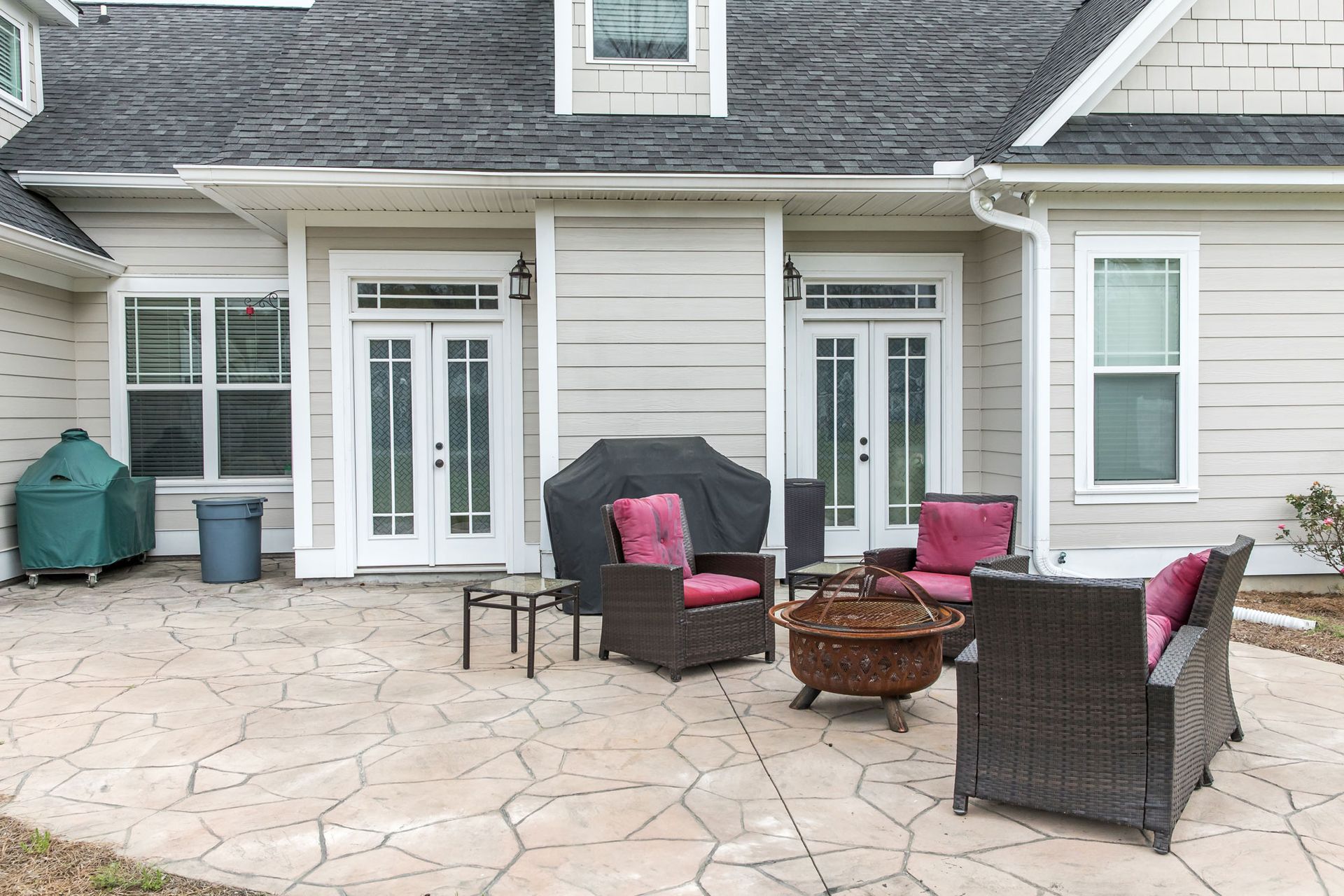
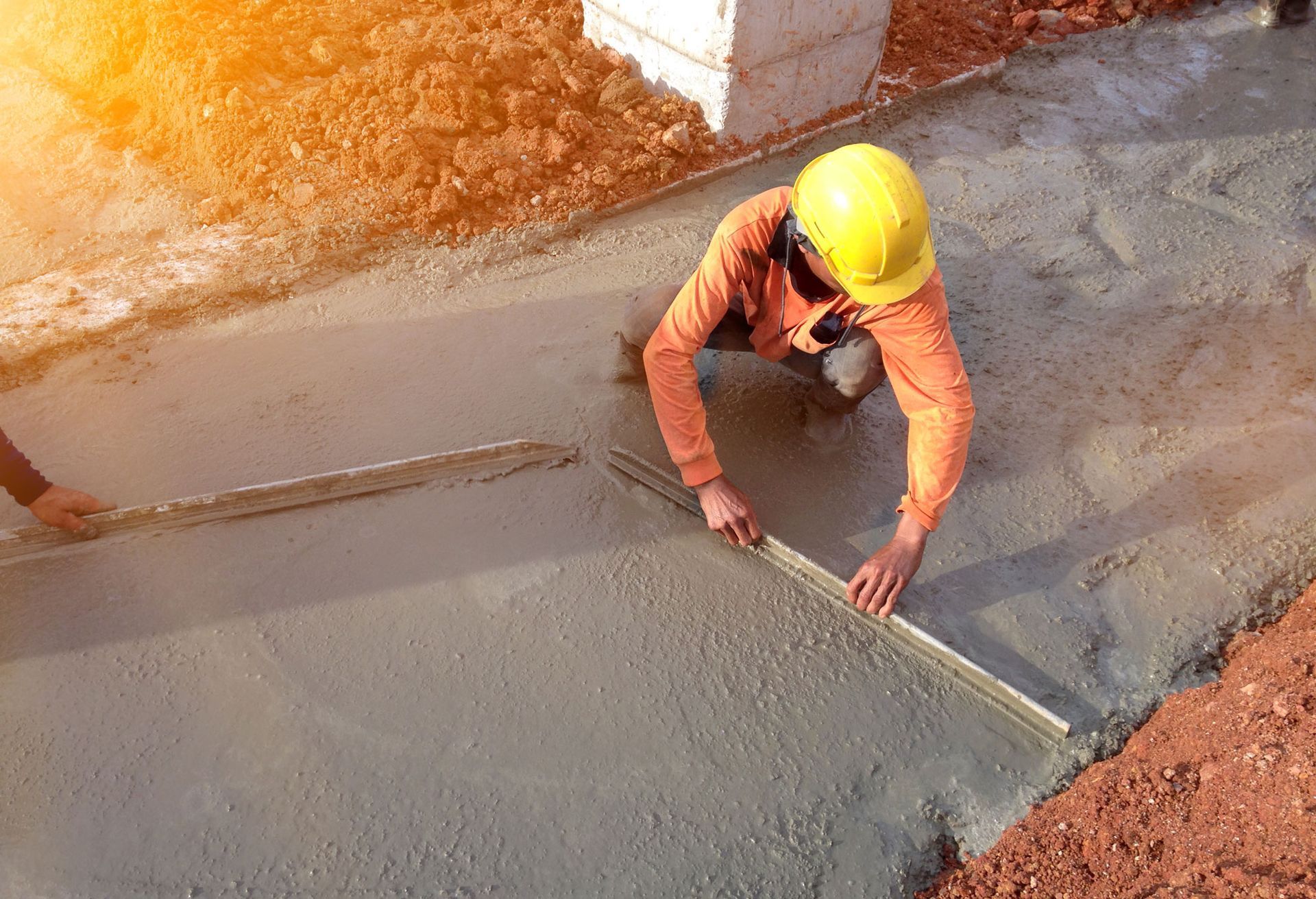
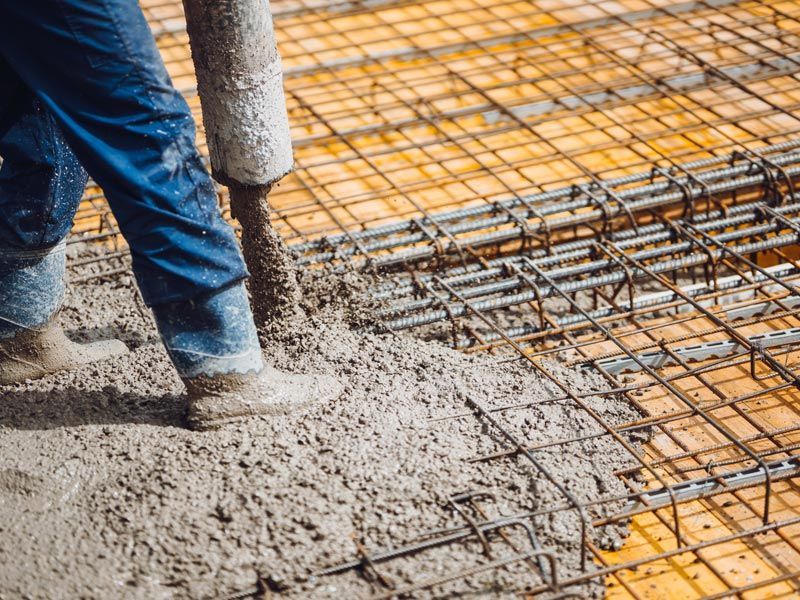
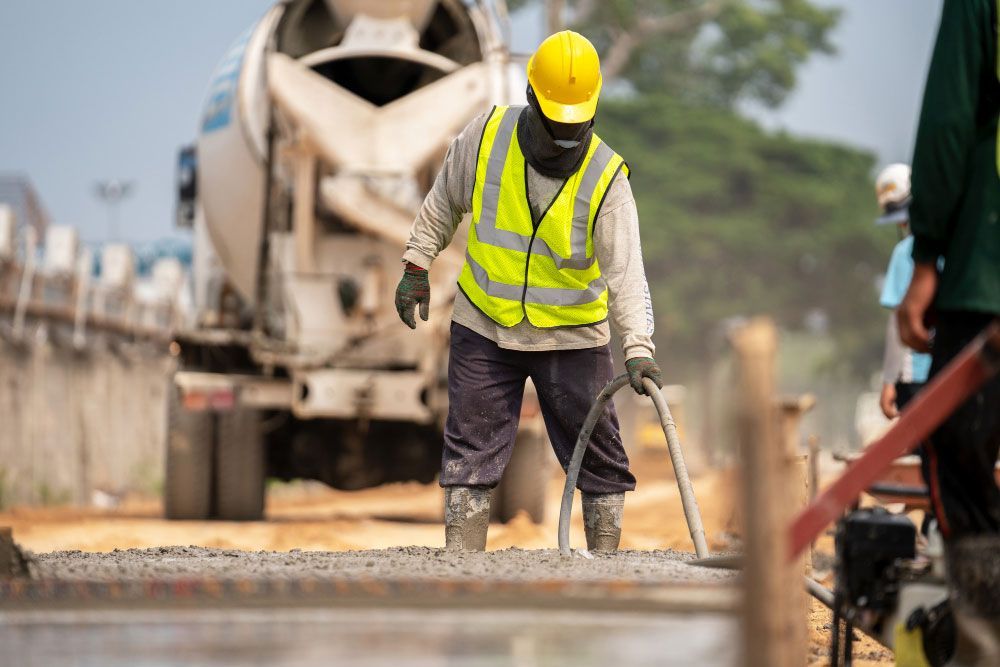
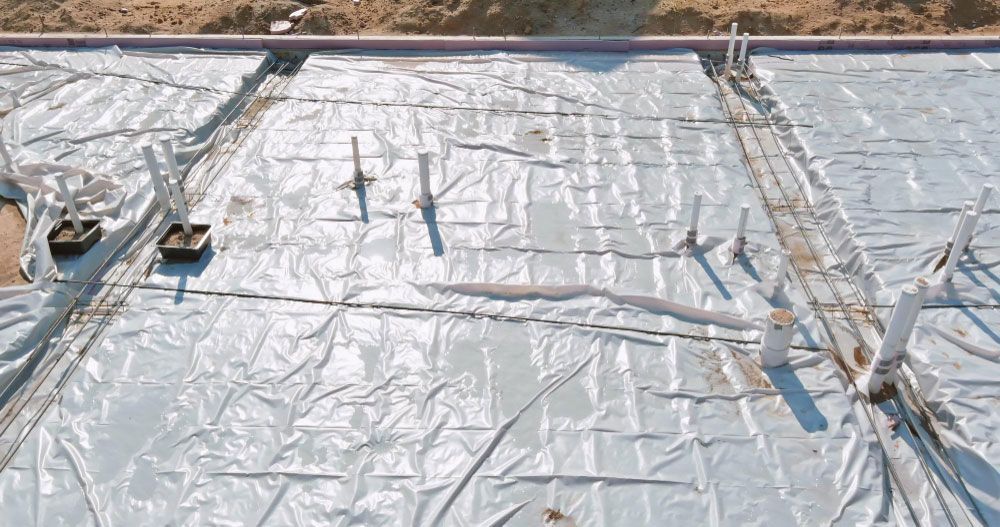
About
Cemco Construction Corporation offers commercial, industrial & residential concrete services in Euclid & Cleveland Heights, OH and surrounding areas.
CemCo Construction Corporation
